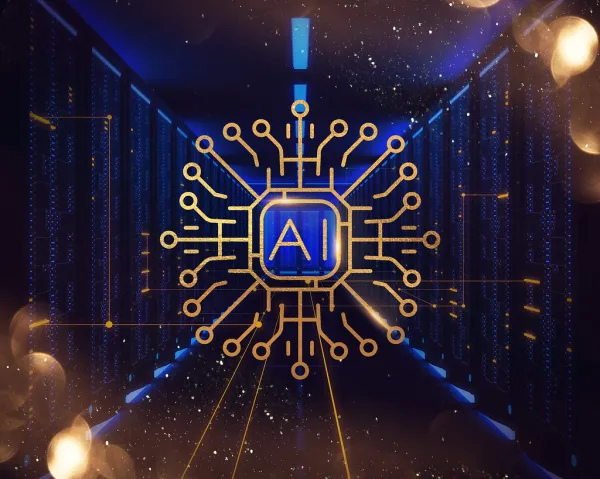Artificial intelligence is no longer science fiction. It’s woven into the very fabric of our daily lives, curating our news, answering our questions, offering companionship through chatbots. AI has tremendous potential, however, it also comes with risks.
As a psychiatrist and president and CEO of Sheppard Pratt, I recognize the importance of understanding the benefits and risks of AI and what we need to consider when incorporating it into our daily lives and treatment options. Because while it may offer convenience, we need to start asking: What impact is it having on our mental health?
Today, AI-generated content is abundant. From the articles we read to the videos we watch to the posts we like, much of what we encounter has been created or shaped by algorithms. This can create a sense of information overload that quietly fuels anxiety and stress. Research shows that constant exposure to information — especially when it’s difficult to discern fact from fabrication — can heighten confusion, insecurity and mistrust.
For young people, the risks are even greater. A recent study published in Psychology Research and Behavior Management found that dependence on AI tools is significantly associated with worsening symptoms of depression, anxiety and loneliness over time. When young people rely heavily on generative AI, they may experience declines in motivation, creativity and critical thinking. Much like the impact we already see from excessive social media use, technology dependence is emerging as a public health issue. We know that 42% of high schoolers already report feelings of depression or hopelessness, according to the CDC. Adding new layers of dependence on AI could worsen an already alarming youth mental health crisis.
Technology is also changing how we engage with one another. The rise of AI-driven chatbots in daily life, while helpful for minor tasks, risks encouraging greater social isolation. Real human connection — a cornerstone of emotional well-being — cannot be replaced by interactions with technology. The introduction of AI should prompt you to ask yourself: Am I building deeper relationships — or drifting further into isolation?
In mental health care, the stakes are even higher. As a nation, we are facing a shortage of mental health providers and soaring demand for care, and AI tools are being introduced to bridge the gap. Diagnostic apps, therapy bots and mood trackers are becoming increasingly common. Some of these technologies hold promise — especially when used under clinical supervision — but we must proceed with caution.
A comprehensive review published in European Neuropsychopharmacology concluded that while AI can augment psychiatric care, it is not equipped to manage complex, emotional and unpredictable human needs without significant oversight. Even the most sophisticated AI still struggles to fully comprehend user context, nuance and emotional depth, elements essential to effective mental health support.
At Sheppard Pratt, we are carefully evaluating how to harness AI’s benefits while protecting the core principles of compassionate care. I believe that AI can be used to supplement — not substitute — clinical care and treatment. It can help screen symptoms, support early interventions, and extend the reach of providers. But it must never replace the irreplaceable power of human empathy, medical judgment, and therapeutic trust.
During Mental Health Awareness Month, here’s my message to you: Focus on your mental health, utilize technology and other supports to propel your journey, utilize AI-assisted technology while understanding its benefits and limitations, and seek out qualified professionals to gain deeper insights through human connection. If you’re a clinician, parent or educator, talk openly about the role of AI. Help the people around you learn how to use these tools — especially young people — to achieve the best mental health outcomes.
Dr. Harsh K. Trivedi (info@sheppardpratt.org) is the president and CEO of Sheppard Pratt.









 English (US) ·
English (US) ·